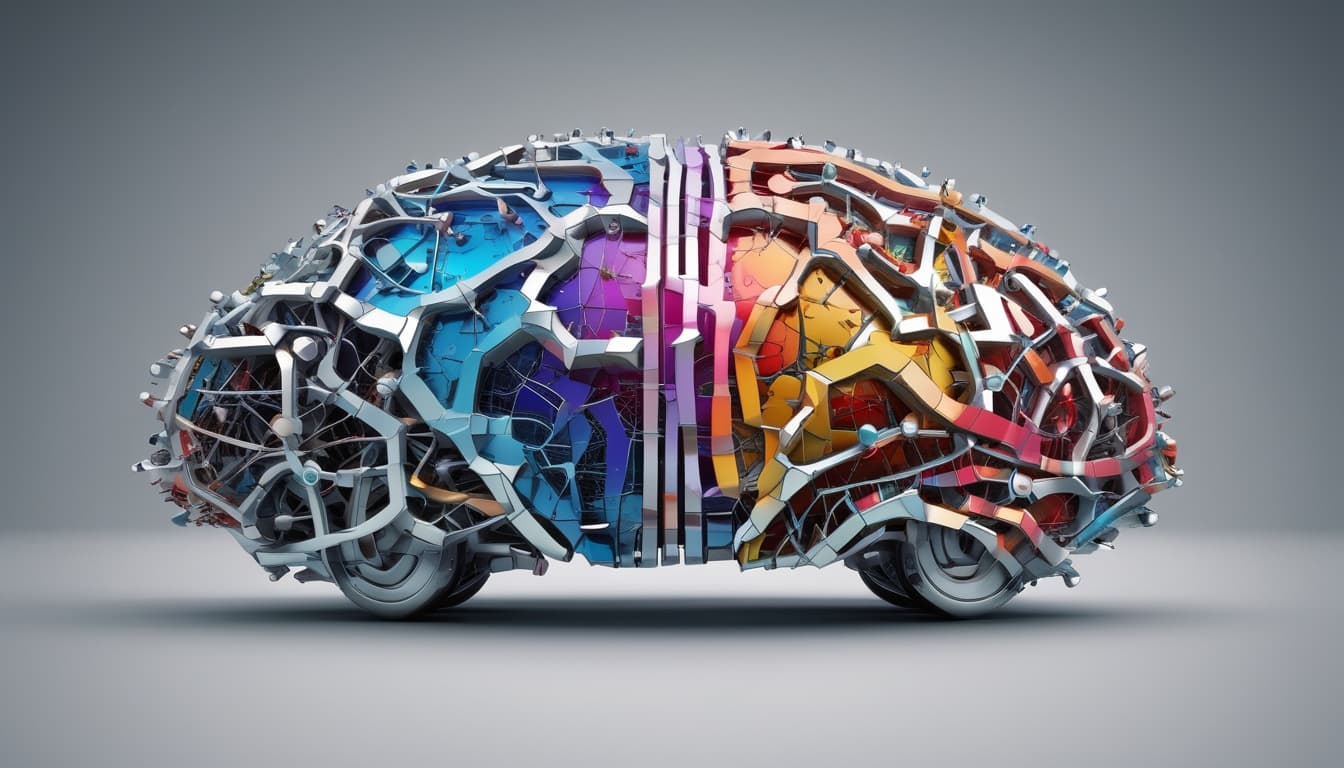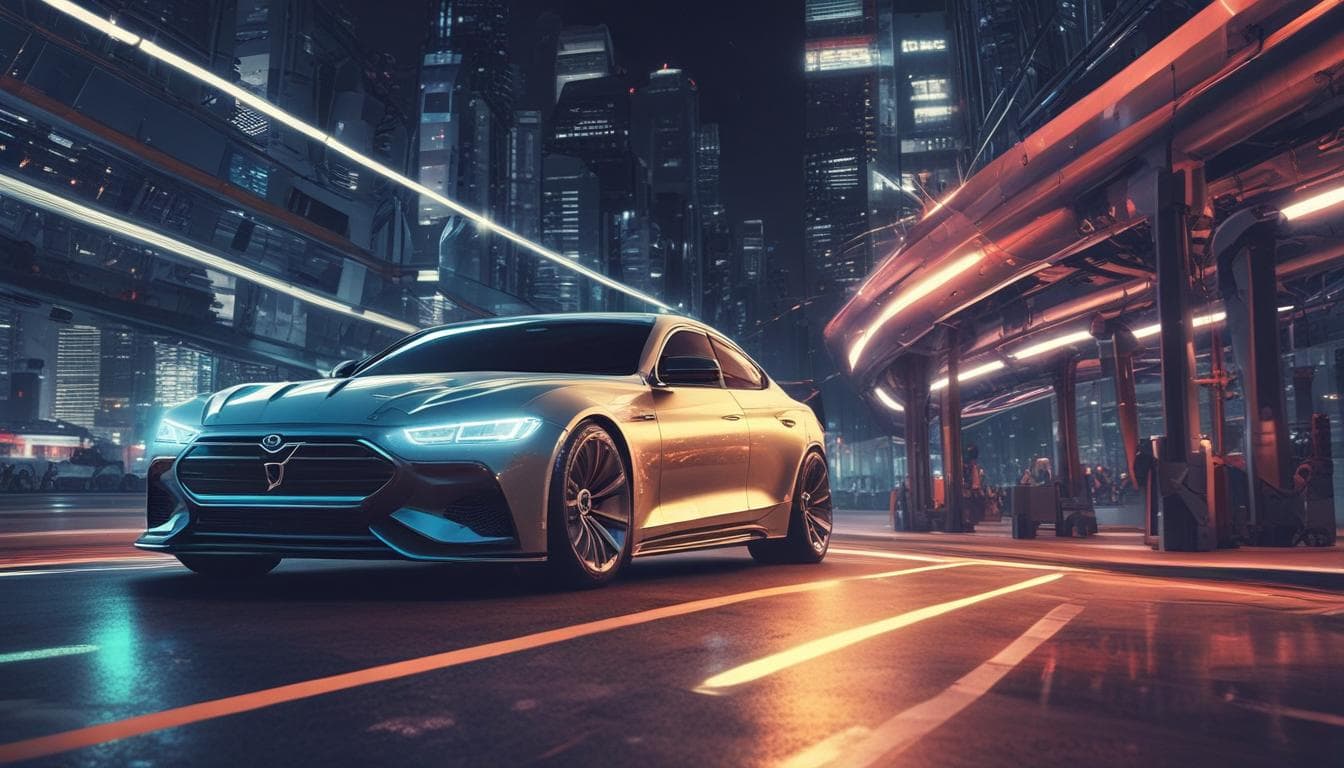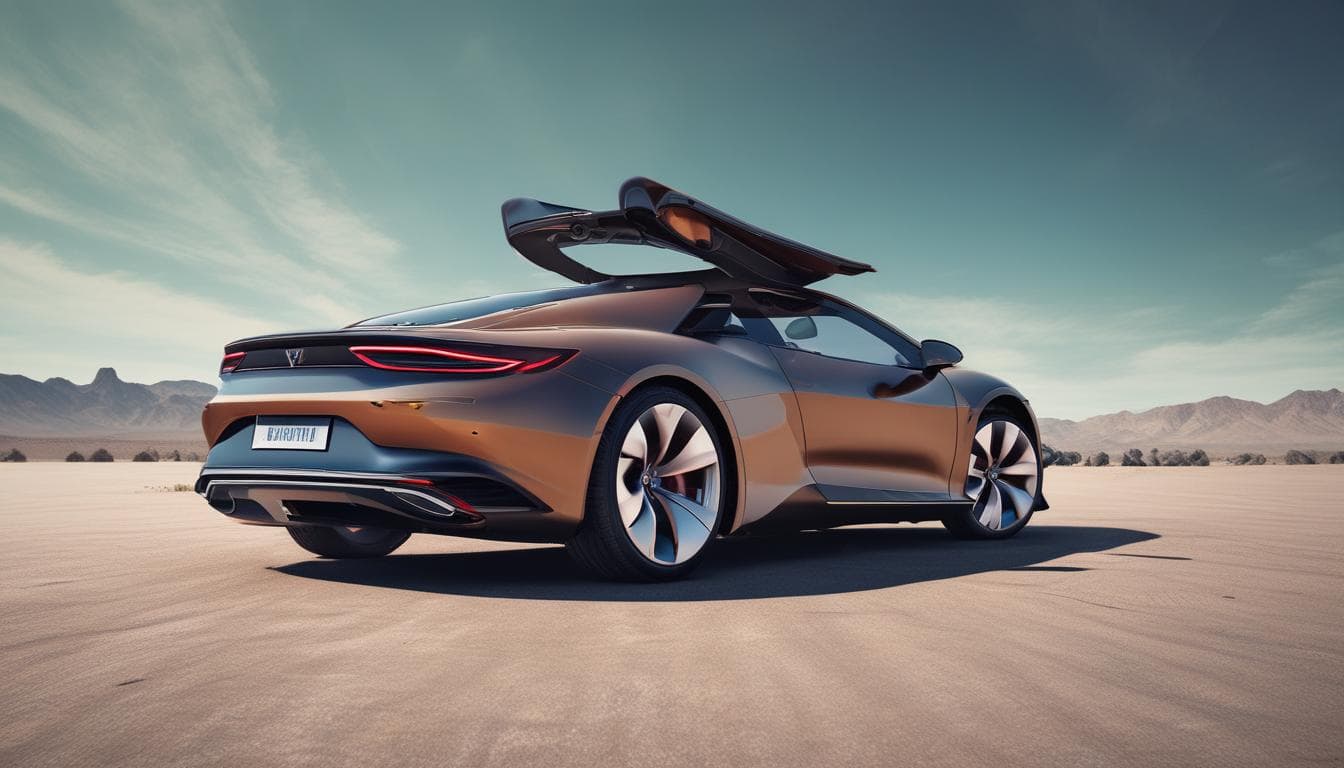With advancements in AI and personalized in-car experiences, how might the role of the car evolve from a mode of transportation to a personalized mobile sanctuary that caters to our individual needs and preferences? What features and technologies would be essential in creating this sanctuary, and what ethical considerations might arise?
The transformation of cars from mere transportation tools to personalized mobile sanctuaries is an exciting evolution in the industry, driven by advancements in artificial intelligence and in-car personalization technologies.
To create such a sanctuary, several essential features and technologies come to mind:
Key Features and Technologies
-
AI-Driven Personalization: AI could analyze an individual’s preferences, such as music tastes, preferred cabin temperature, or lighting needs, and tailor the in-car environment accordingly. For more insights, check out this detailed exploration of AI's impact on automotive design and the driving experience.
-
Health and Wellness Integration: Advanced sensors and biosensors could monitor driver and passenger health, adjusting the environment to promote relaxation or focus. Imagine a car seat that adjusts its lumbar support based on your posture over long drives.
-
Immersive Infotainment Systems: Extended reality (XR) and AR systems could enhance entertainment on-the-go, transforming a routine commute into a more engaging experience. You might want to explore the ways XR is revolutionizing the automotive industry.
-
Enhanced Connectivity: Integrating IoT devices and syncing with smart home systems would allow the car to anticipate needs. For instance, it could automatically adjust your home thermostat based on your ETA.
-
Sustainability Features: Many consumers are calling for eco-friendly technologies that align with ethical and environmental considerations. Solar panels on car roofs or interiors constructed using sustainable materials are just the beginning, as detailed in this article on sustainable practices reshaping the automotive sector.
Ethical Considerations
However, this transition doesn't come without its challenges and ethical dilemmas:
-
Data Privacy: AI systems would require significant personal data to deliver tailored services. Safeguarding this data from misuse or breaches will be crucial.
-
Equity in Accessibility: Ensuring these technologies are not limited to luxury vehicle segments but are democratized to all income groups is a vital conversation.
-
Over-Reliance on AI: Excessive automation could potentially reduce driving skills or instincts among individuals, posing safety risks if systems falter.
-
Environmental Impact: While enhancing in-car experiences, automakers must be wary of practices that strain resources or expand electronic waste.
The future of cars as personalized sanctuaries bridges technology, ethics, and human-centered design. What excites me most is the chance to redefine mobility's role in our lives. Vehicles could essentially become hybrid spaces—offering relaxation, connectivity, and even productivity on par with our homes. I’d love to hear how others envision overcoming these ethical hurdles or enhancing the experience further. Feel free to share your thoughts or check out more on smart materials driving future mobility to explore potential design elements for these sanctuaries!
探索更多相关内容
加入讨论
- 汽车智能情感交互:畅想未来驾驶体验
探讨汽车如何根据驾驶员的情绪调整驾驶体验,包括音乐、灯光和驾驶模式,分析其潜在的益处和风险,以及用户最期待的功能和担忧。
- 未来十年,汽车会成为“超级移动终端”吗?
探讨未来十年汽车是否会演变成“超级移动终端”,以及它如何重新定义人车关系、交通出行、娱乐方式、日常生活,并分析可能带来的新商业模式和社会挑战。
- 未来十年,汽车会成为“车轮上的情感伴侣”吗?
探讨未来汽车如何超越交通工具的角色,通过学习驾驶习惯、音乐偏好和情绪状态,提供个性化的驾驶体验,并以此建立更深层次的情感连接。





